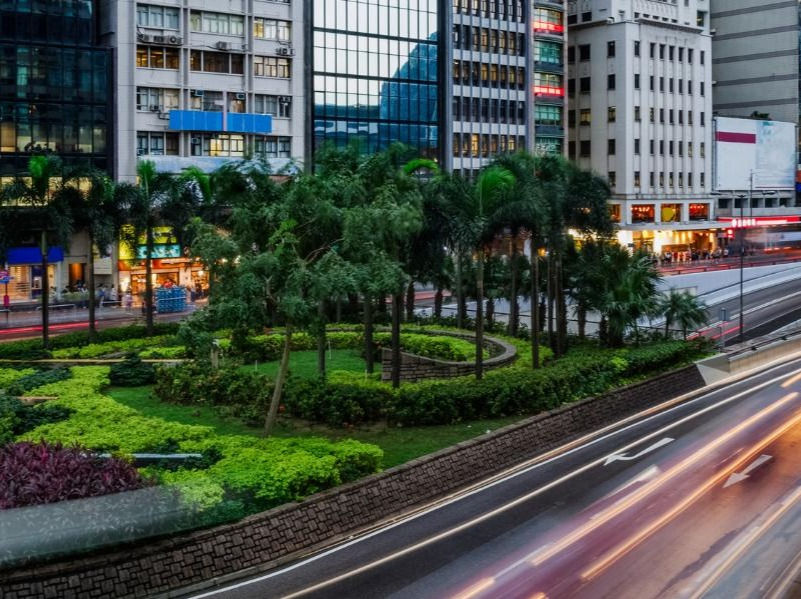PH to remain a growth leader
- Ziggurat Realestatecorp

- Aug 31, 2023
- 2 min read
The Philippines will remain one of the fastest-growing economies in the Asia-Pacific (APAC) region but other countries could perform better, Moody's Analytics indicated on Wednesday.
India and Vietnam are expected to lead the APAC growth this year, the financial intelligence firm said in an updated outlook, with China not expected to add "any heft" given its ongoing economic issues.
"We have already lowered our outlook for the Philippines this year," Moody's Analytics noted.
"It will still be one of the regional leaders, but high inflation and interest rates along with uneven government and investment spending have slowed growth over the past three quarters, to the point that Philippine GDP (gross domestic product) declined in the second quarter from the first on a seasonally adjusted basis," it noted.
Domestic April-June growth of 4.3 percent was significantly lower than the first quarter's 6.4 percent and also missed the consensus forecast of a slowdown to just 6.0 percent.
Year to date, GDP growth moderated to 5.3 percent.
"Unless fiscal policy or export trade provides an extra boost, growth will remain below the central bank's target of 6.0 to 7.0 percent," Moody's Analytics said.
Moody's Analytics economist Sarah Tan earlier told The Manila Times that Philippine growth was now expected to average around 5.1 percent this year, down from the 6.1 percent forecast in June.
Asia-Pacific growth, the economic research firm said, will be led by India and Vietnam whose expansion, however, is expected to be slower compared to 2022.
"Both India and Vietnam are attracting foreign investment that in former days might have gone to China," it noted, adding that the Chinese economy was likely to "just meet" the official target of 5 percent.
Indonesia, Malaysia and Hong Kong, meanwhile, "round out the leaders, with growth expected from renewed exports next year, supportive fiscal policy and investment spending..."
"Indonesia and Malaysia, as well as Thailand, are likely to also attract foreign investment as firms look to deconcentrate risk away from China."
A significant gain for Thailand, however, will have to wait until next year when tourist arrivals are expected to return to pre-pandemic levels.
Australia and New Zealand, meanwhile, "will remain soft under the weight of high interest rates," while Taiwan, Singapore and South Korea should see a 2024 acceleration as the global semiconductor industry posts a rebound.
Still-modest consumer spending, lastly, is expected to keep Japanese growth "near its current pace."
"Asia will avoid a recession, but a new period of robust growth won't likely commence until mid-2024," Moody's Analytics said.
As for interest rates, it said that Asian central banks were likely to be wary about cutting considering the likelihood of further US Federal Reserve tightening and the impact on exchange rates.
"We expect central banks in APAC to hold their policy interest rates steady at least through the end of this year, and probably longer, depending upon the stability of domestic demand and their respective currencies and how quickly external demand improves from China and from the European and North American economies," it said.
Source: Manila Times





Comments